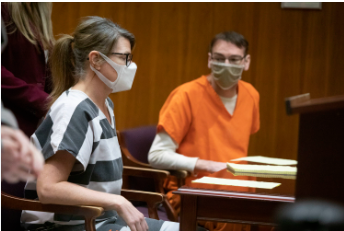No, Really, What Can We Do?
by Nick Hammond ‘25 Especially since the past Presidential election, many students have been feeling demotivated to vote or participate in the political process, or even pay attention to the news, for a multitude of reasons. While most high school students are too young to vote and for many the current state of the world may seem rather bleak, there … Read More



